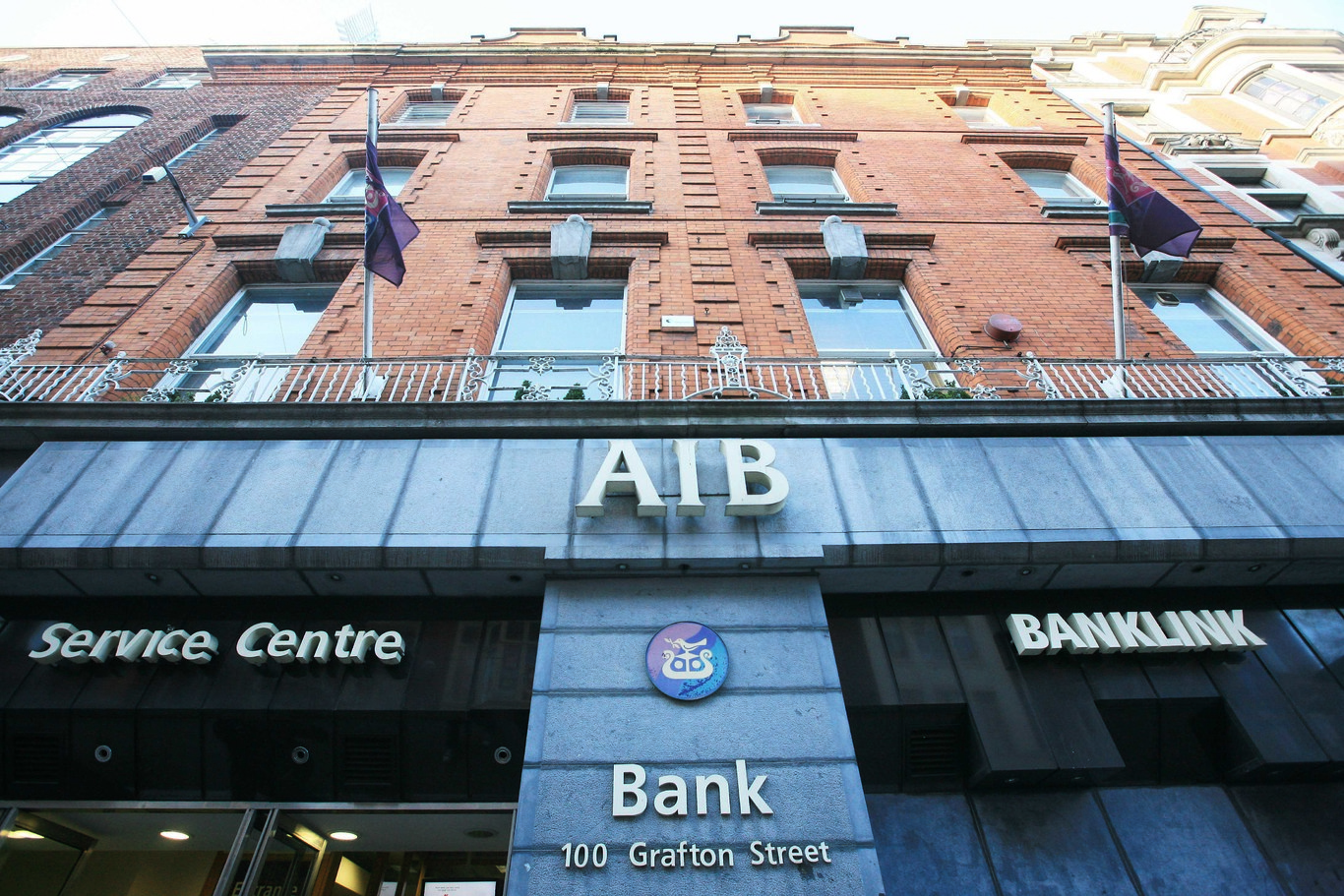AIB is trialling blockchain technology to streamline anti-money laundering checks
The pillar bank is working with US firm R3 and several other financial institutions.
AIB HAS JOINED a blockchain programme with 20 international banks in order to develop an improved system for keeping track of background checks and adhering to anti-money laundering rules.
The programme is led by R3, a technology outfit that in turn leads a consortium made up of banks and firms like Amazon Web Services, Accenture and blockchain-specific companies.
Blockchain is a technology that uses a distributed digital ledger, managed by a network of computers, to record, track and verify transactions. Numerous companies are working on different applications for the decentralised technology.
R3 members pay a fee to join the consortium. They have the potential to generate their own revenue from licensing intellectual property developed through the group’s blockchain projects.
AIB, the first Irish bank to join, officially signed up to the group in spring.
The consortium’s flagship product is Corda, an open-source distributed ledger developed for the financial services sector. It’s being tested in a number of projects and use cases including trade finance.
Most recently, Thailand’s central bank announced it was testing the deployment of its own digital currency on Corda.
For its ‘know-your-customer (KYC) project’, AIB’s research and innovation hub is collaborating with the R3 project and several other institutions, including Scandinavian group Nordea and the Central Bank of Chile.
AIB’s work on the programme is currently exploratory only, with the bank testing how the Corda platform can improve its work in line with its regulatory obligations.
“The aim of the KYC programme is to improve the efficiency and reliability of anti-money laundering activities and security for business customers and any banks which participate,” a spokesperson for AIB told Fora.
 AIB's research and innovation team
AIB's research and innovation team
“When verified KYC information for business customers is obtained through a distributed ledger, data security is increased. This is done by using a digital signature, which is extremely difficult to forge,” he said.
“When there is a lack of trust, a distributed ledger may be able to provide a solution.”
The project will be testing how banks can securely share verified information with other banks in order to approve transactions.
For example, if one bank has verified that a client is up to scratch, it can share that information securely with another bank instead of the latter carrying out its own know-your-customer checks.
The programme will run for several weeks, although AIB is yet to commit to fully implementing the system.
R3 consortium
R3 was founded in 2013 to develop blockchain technologies in collaboration with financial institutions. It has raised over $120 million from investors to date.
The company has undergone a few dicey moments in its short history heading the blockchain-development consortium.
Banner members Goldman Sachs and Morgan Stanley left the group in 2016 and 2017, with both recently investing in Axoni, another blockchain firm building its own protocol for banks.
The future of R3 was also questioned earlier this year when reports surfaced that the company was running out of money.
Chief executive David Rutter told Forbes in July that while R3 had failed to meet some of its recent revenue targets, it was still “performing to plan”.






